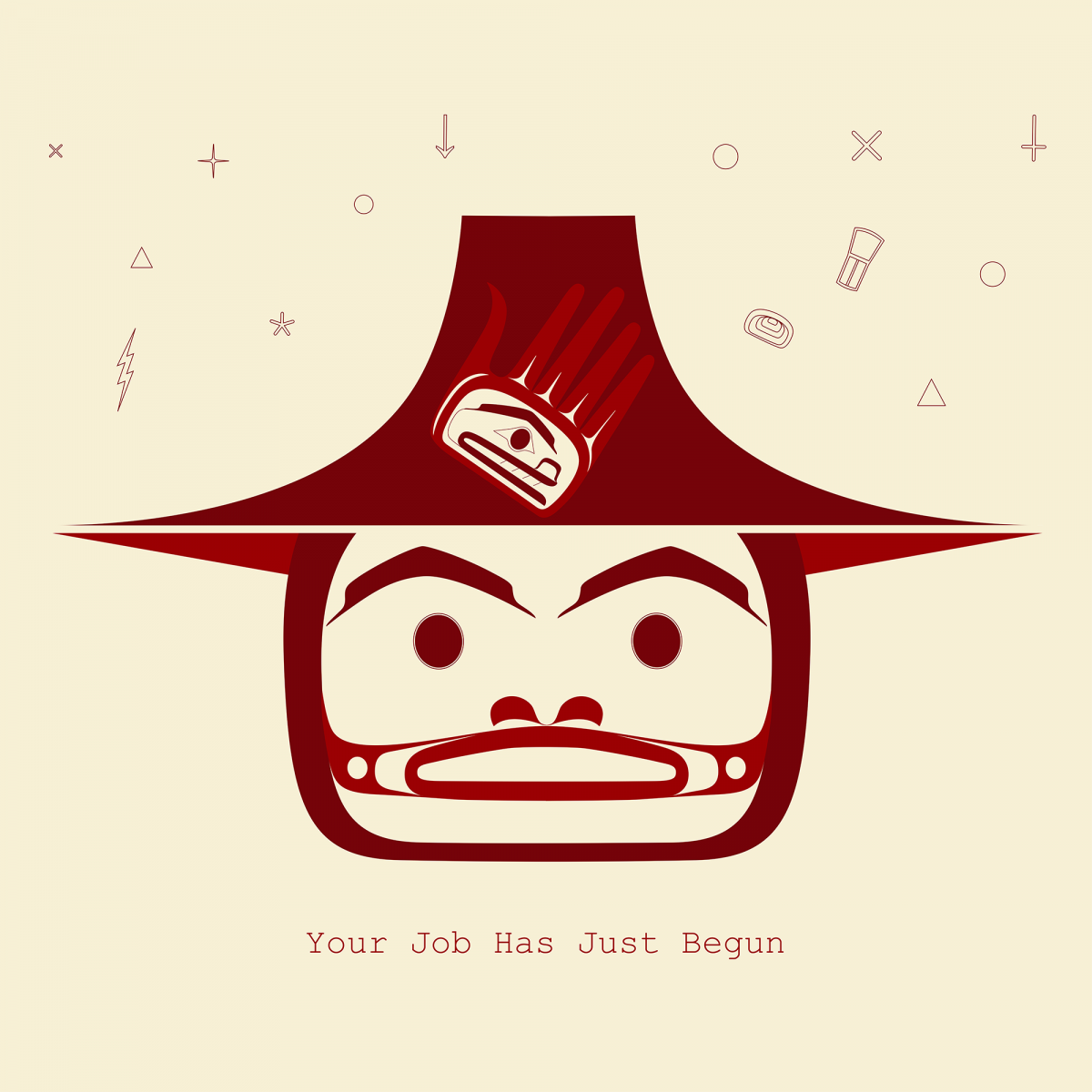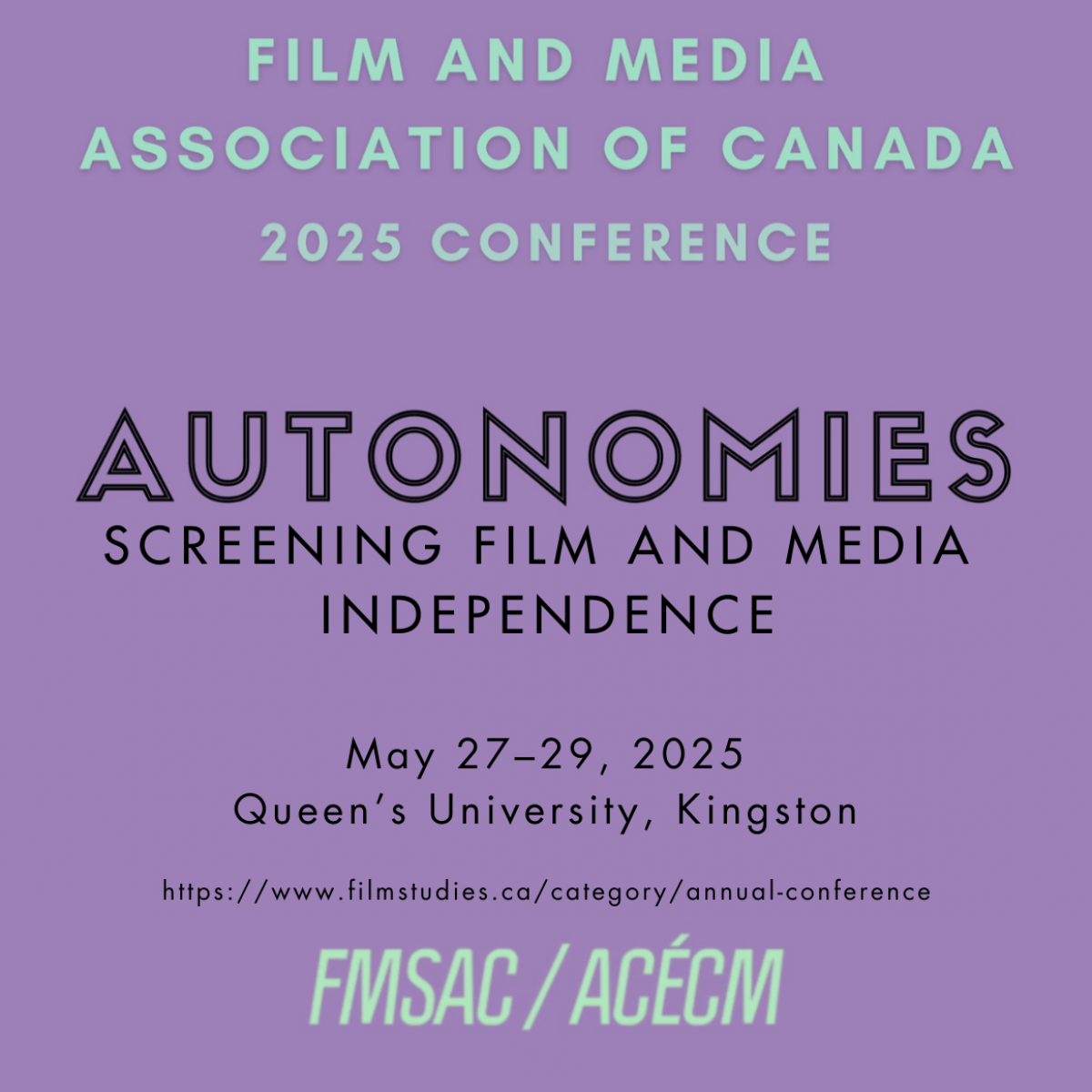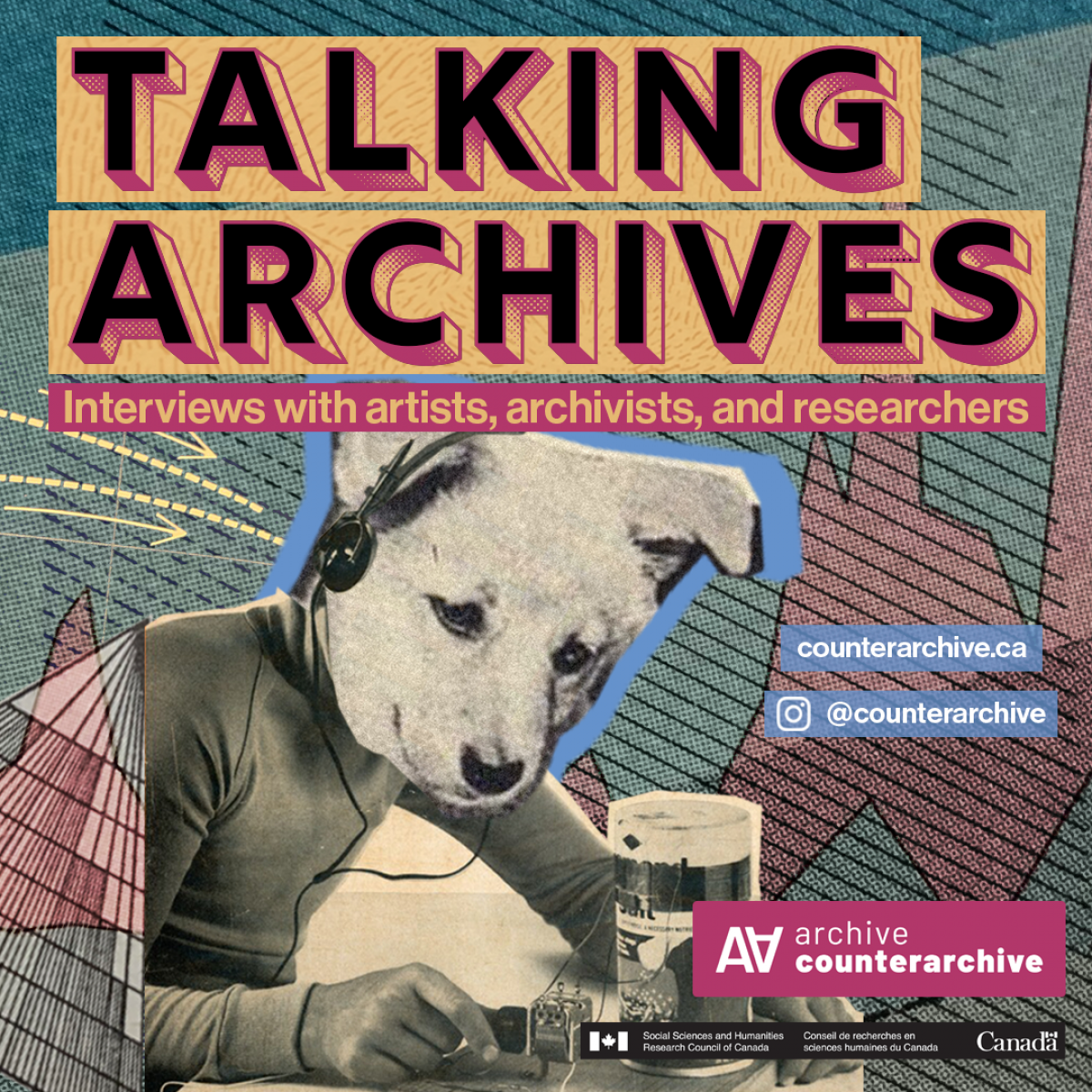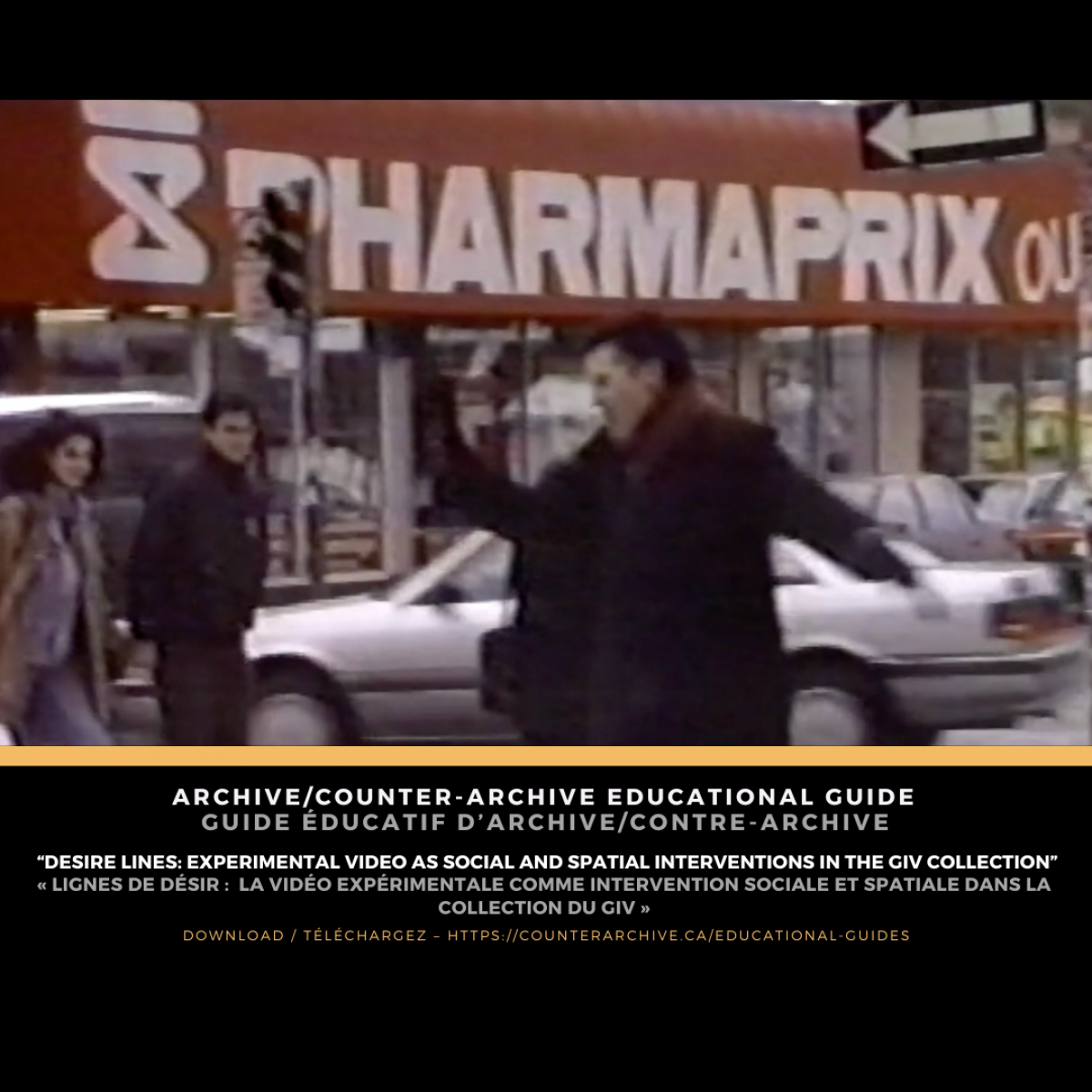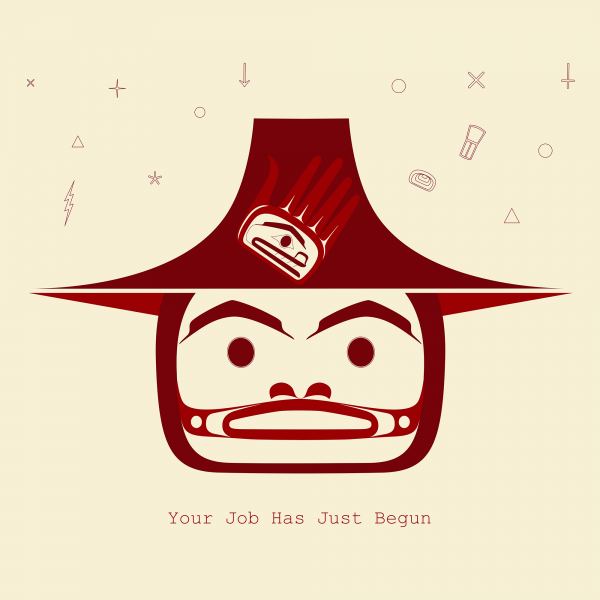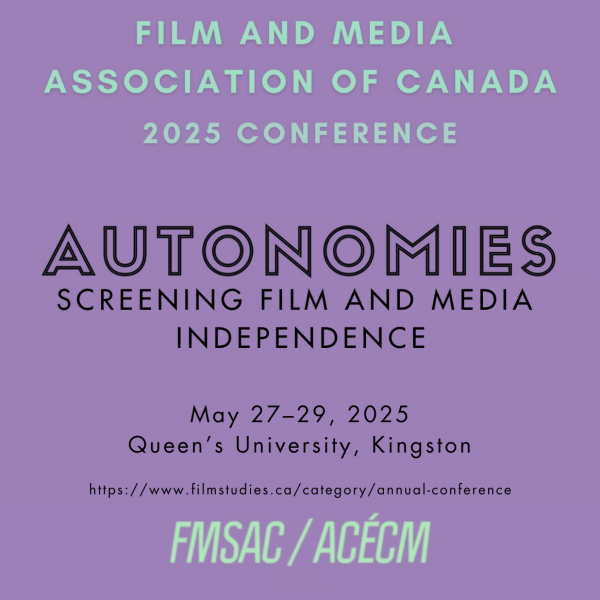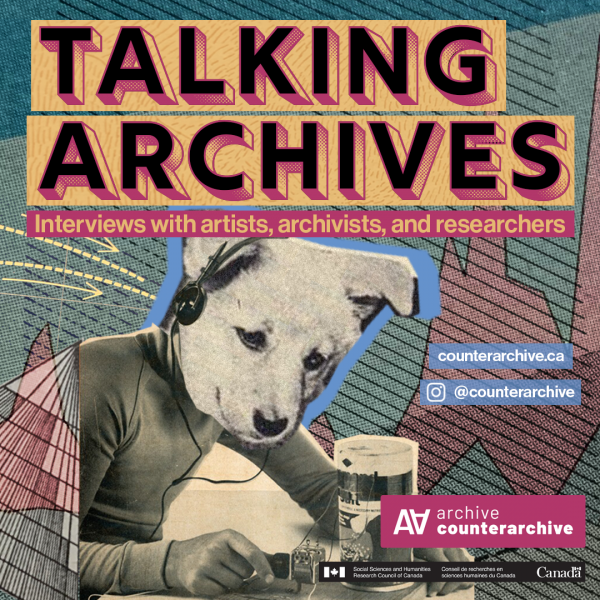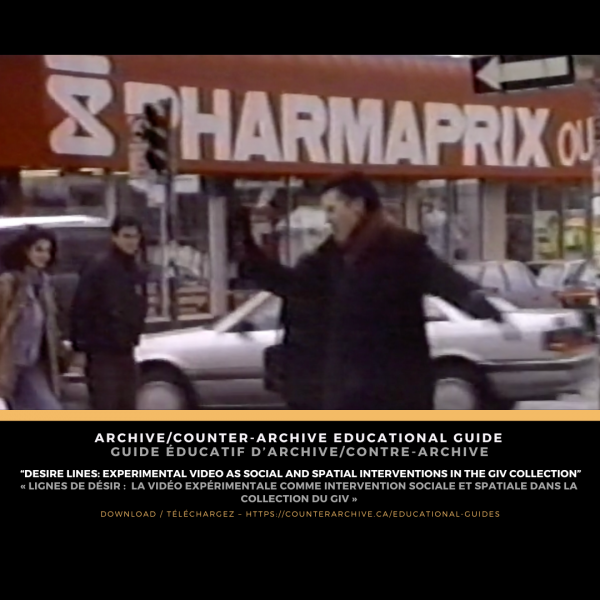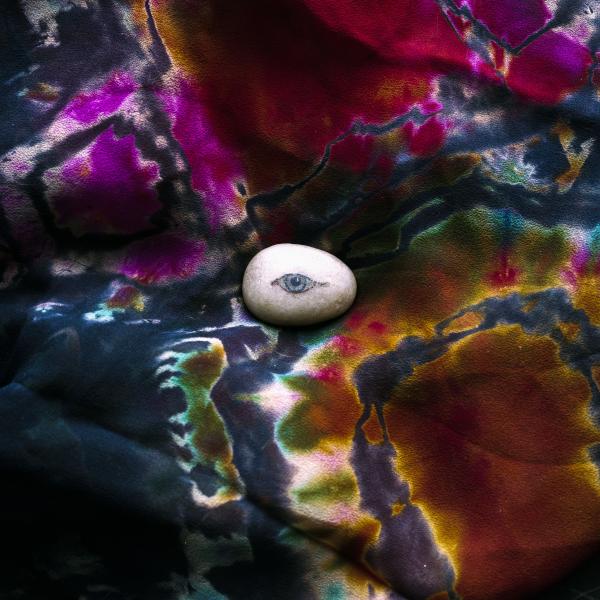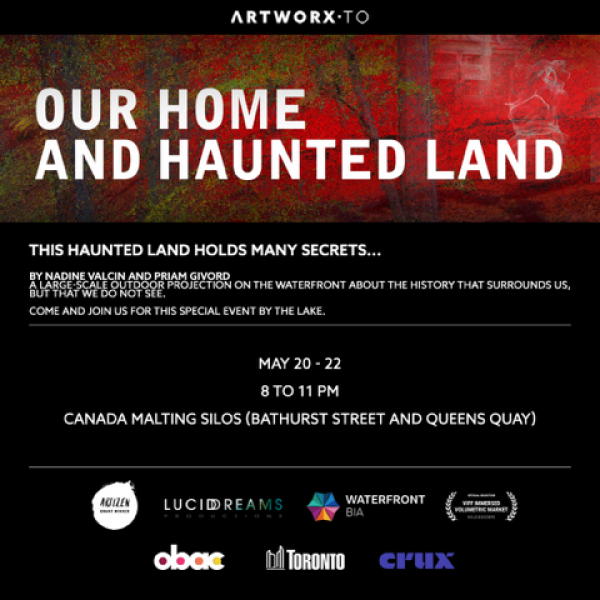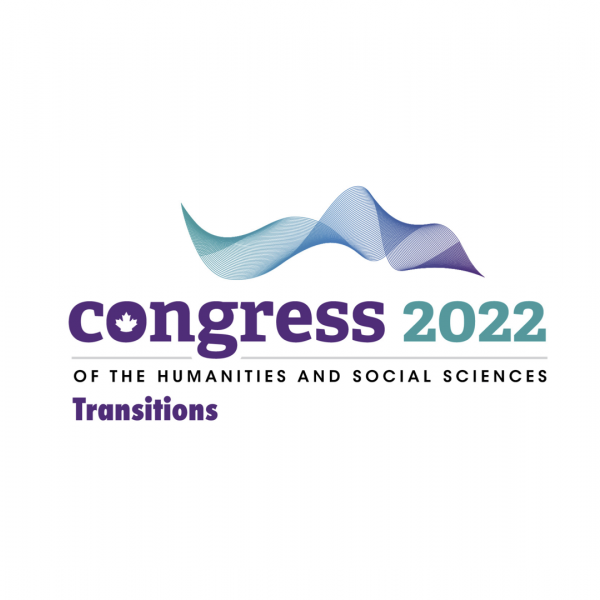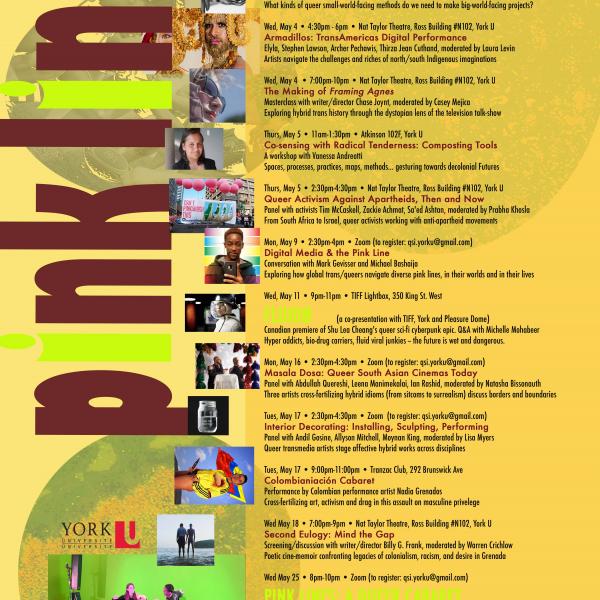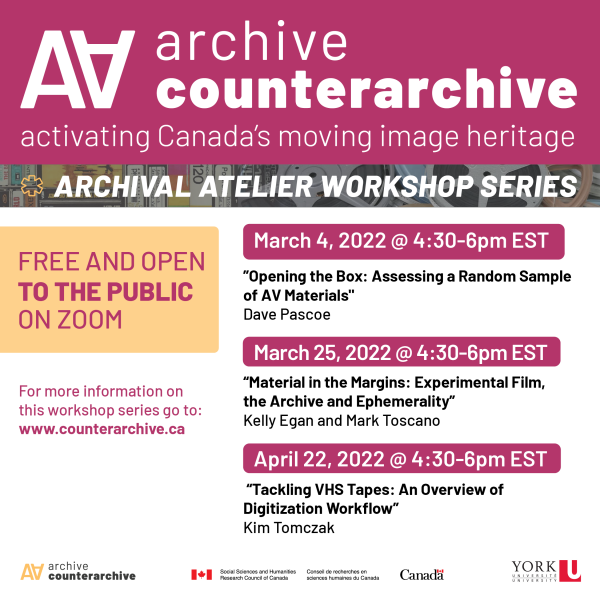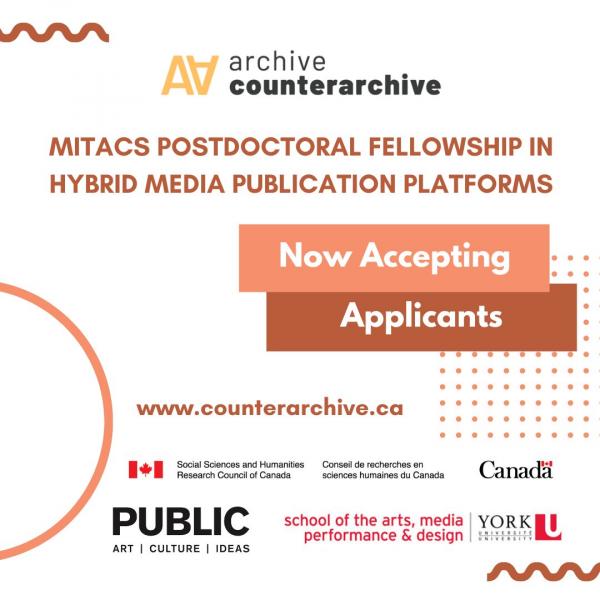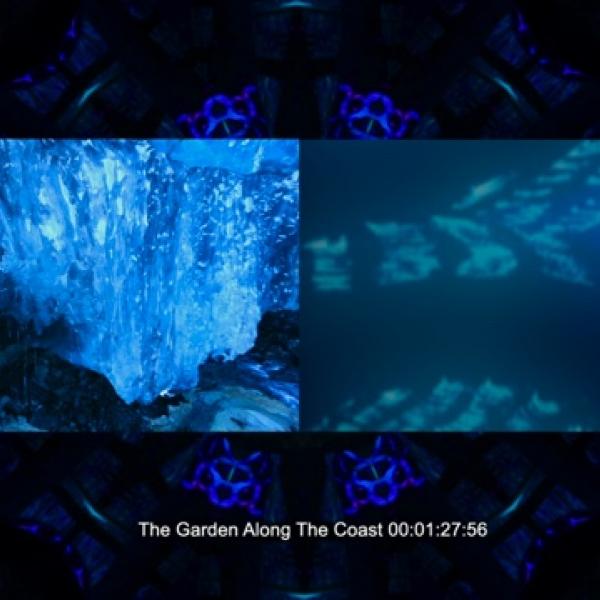Welcome to Archive/Counterarchive
June 4-July 2, 2022: The Formless Body: an exhibit curated by Jarrett Earnest at the Olga Korper Gallery
The Formless Body, an exhibit curated by Jarrett Earnest
June 4-July 2, 2022
Olga Korper Gallery, 17 Morrow Avenue, Toronto.
Opens: Saturday June 4, 2022 from 12-5pm
May 20-22: Our Home and Haunted Land
Consider attending this event organized by A/CA artist-in-residence Nadine Valcin!
Our Home and Haunted Land
WHEN: May 20 - 22, 2022 | 8 p.m. - 11 p.m.
WHERE: Canada Malting Silo at Queens Quay and Bathurst
A/CA Members at the Film Studies Association of Canada (FSAC) 2022 Conference
Congratulations to A/CA members who are presenting their research at this year's Film Studies Association of Canada (FSAC) Conference on May 12-15, 2022. Consider checking out these exciting presentations!
York University's Queer Summer Institute; Pink Lines: Public Events Program
Consider attending Pink Lines - a series of public events held as part of the Queer Summer Institute at York University.
Transiting the Queer Uncommons: Queer Summer Institute in Research Creation (TQU)
Transiting the Queer Uncommons: Queer Summer Institute in Research Creation (TQU) will run from May 2 to 26 and features two graduate courses at York University’s School of the Arts, Media, Performance and Design (AMPD).
Inspired by radical new poetic methods of digital and intermedial performance storytelling, transgressive visual techniques emerging from new media
Screening with Pleasure Dome: planetary ruins & other possibilities
planetary ruins & other possibilities
Organized by Pleasure Dome
April 20 - May 4, 2022
Q&A May 4, 7:30 pm est
FREE/PWYC at pdome.org
Archival Atelier: Kim Tomczak, "Tackling VHS Tapes: An Overview of Digitization Workflow"
Artists, archivists, and researchers engage with analog and legacy digital materials, many of which are at-risk. Explore different ways of assessing these media at Archival Atelier, A/CA’s new series of workshops devoted to varied media types and their preservation.
"Tackling VHS Tapes: An Overview of Digitization Workflow"
April 22, 2022. 4:30-6:00 PM EST, on Zoom
Instructors: Kim Tomczak
Archival Atelier: Kelly Egan and Mark Toscano, "Material in the Margins: Experimental Film, the Archive and Ephemerality"
Artists, archivists, and researchers engage with analog and legacy digital materials, many of which are at-risk. Explore different ways of assessing these media at Archival Atelier, A/CA’s new series of workshops devoted to varied media types and their preservation.
"Material in the Margins: Experimental Film, the Archive and Ephemerality"
March 25, 2022. 4:30-6:00 PM EST, on Zoom
Instructors: Kelly Egan and Mark Toscano


